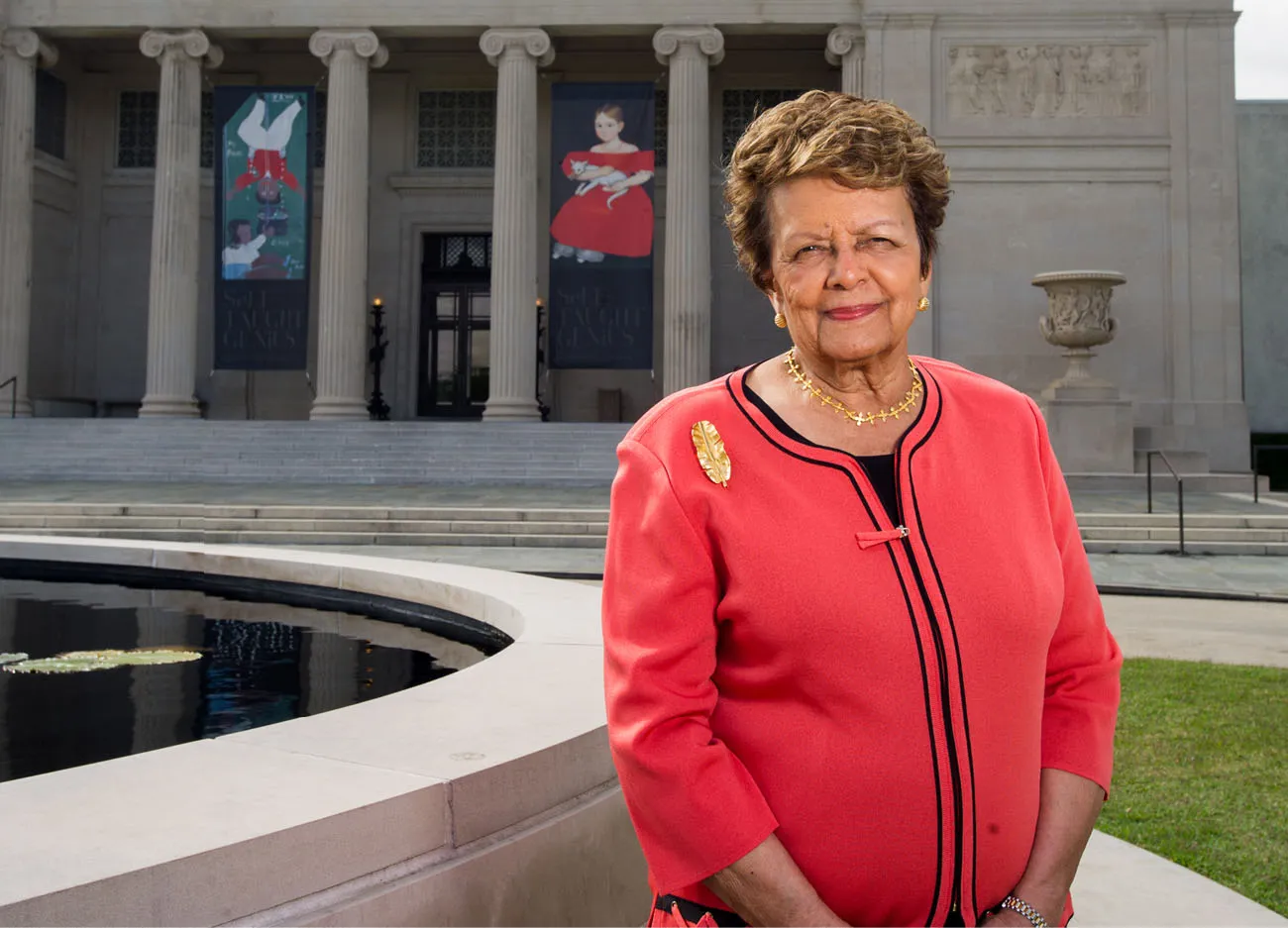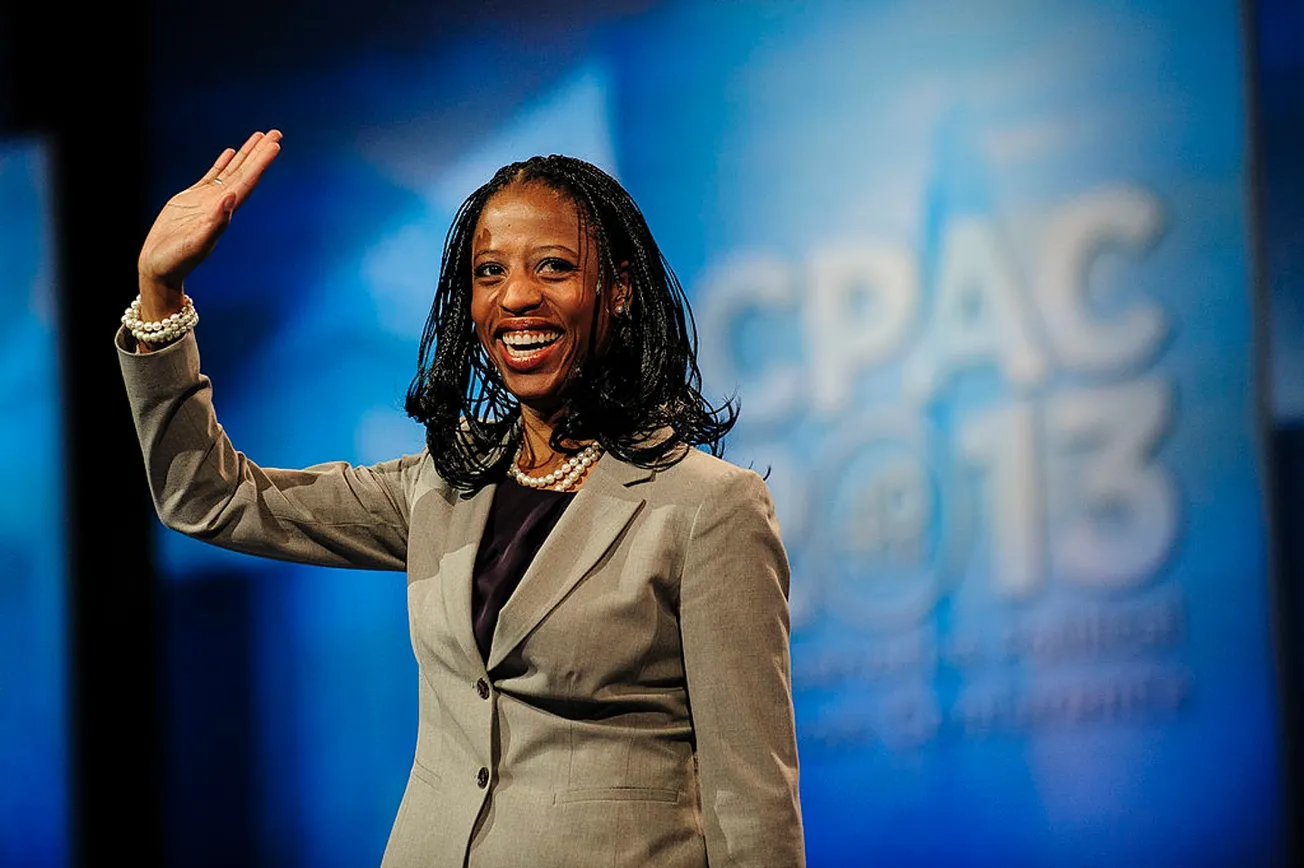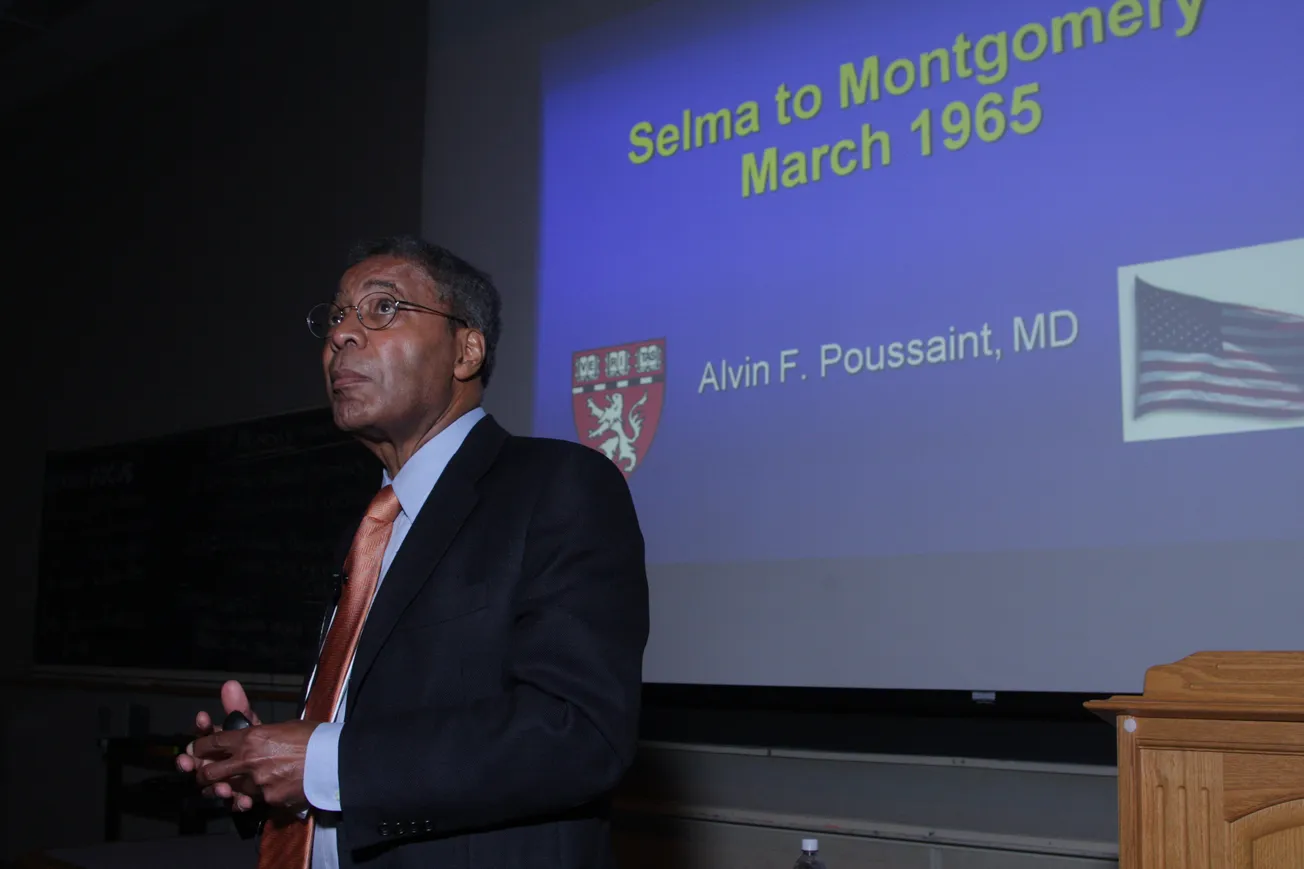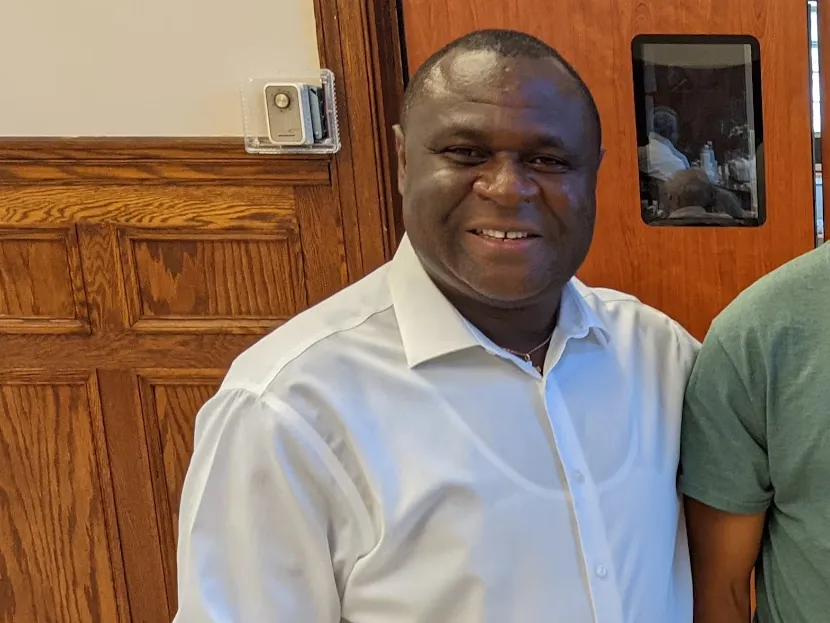Funeral arrangements have been set for Sybil Haydel Morial, a noted civil rights activist, educator, and the widow of the first Black mayor of New Orleans, Ernest “Dutch” Morial.
A two-day celebration of life will be held for Sybil, who died on Sept. 4 at the age of 91. The first two events will be held at her alma mater, Xavier University of Louisiana, including a visitation on Sunday, Sept. 22, in the school’s Convocation Center at 6pm CT. A celebration of life service will take place there the following day at 9:30am.
"Words cannot express our sorrow at the loss of our beloved matriarch and guiding star. Our grief is tempered by our overwhelming gratitude for her life, her wisdom, and her love,” Morial’s family said in a statement.
“We ask for the continued prayers of all who knew and loved her, and that our privacy be respected as we mourn our loss.”
We are incredibly saddened to announce the passing of Sybil Haydel Morial, trailblazer, civil rights activist, and mother of our President & CEO @MARCMORIAL.
— National Urban League (@NatUrbanLeague) September 4, 2024
Read the full statement issued by the Morial family: https://t.co/U1j8iJdcOH pic.twitter.com/iZhpxqXkVk
Morial was born in New Orleans in 1932, shortly after the advent of local Black racial progressionists advocating for a measured but firm approach in opposition to Jim Crow. Her parents, Dr. Clarence C. and Eudora Haydel, were members of the Black Creole elite in the city, though this did not spare their daughter from discrimination.
After graduating from Xavier University Preparatory High School, Morial attended XULA briefly before transferring to Boston University, where she studied education. It was there that she encountered a young Martin Luther King Jr., the Baptist preacher there to study for his doctorate. A Catholic herself, she engaged in the ecumenical spirit of the times among many in the Black community.
“One Sunday, I went to early Mass so I could join my friends and hear Martin’s sermon,” she wrote in her 2015 memoir.
“It was worth the effort of getting out of bed, for he preached a memorable text that morning. This was long before the women’s movement, but he extolled the great contributions women had made to society.”
Morial went on to teach in Massachusetts for a time, working in White public schools and studying for her master’s until the U.S. Supreme Court ruling in Brown v. Board of Education, after which she returned to New Orleans. There, she reconnected with her future husband, who worked as an attorney in support of desegregation, mentored by a fellow Black Catholic legal advocate in A.P. Tureaud Sr. (Tureaud’s lawsuits helped Dutch become the first Black graduate of the Louisiana State University Law School in 1954.)
The Morials married in 1955, the same year she was ousted from the graduate program at Tulane University due to her race. The Jesuits’ Loyola University New Orleans also refused her, occasioning her brief return to Boston to complete her studies before taking on a teaching job in Orleans Parish public schools.
As her husband rose in the ranks of public office, Morial became a noted activist, cofounding an interracial women’s voting rights coalition and joining the women’s auxiliary of the Urban League. In 1963, she filed a successful lawsuit against the Orleans School Board over a policy that forbade teachers’ advocacy for integration, and continued litigation throughout the decade.
Morial was hired as an administrator in the Special Services Program at XULA in 1977, shortly before her husband made history as the first Black mayor of New Orleans, the demographics of which had shifted quickly due to mid-20th century “White flight.” While first lady of the city, she served for nearly three decades at her alma mater before retiring as vice president for external affairs in 2005.
“We remember her generous life and legacy and the deep, lasting connections that she and her family have maintained with Xavier University of Louisiana over many decades; we are inspired by her activism, leadership, steadfastness, and commitment to serve,” said XULA president Dr. Reynold Verret in a statement.
“Our university has been greatly blessed by her intellectual and personal gifts that manifest not only on this campus but throughout New Orleans, Louisiana, and worldwide. Her gift to all is enduring, and she will be sorely missed.”
Today, the Xavier community mourns the passing of activist, Civil Rights champion, and purveyor of class & graceful leadership Sybil Haydel Morial, a member of the class of 1952 and long-serving administrator at #XULA for 28 years.
— Xavier Univ. of LA (@XULA1925) September 4, 2024
📰:https://t.co/g7thFYI6Uh pic.twitter.com/XFTKWjvfuD
In retirement, Morial was active in the nonprofit sector, sitting on the board of directors for the Amistad Research Center and the Louis "Satchmo" Armstrong Summer Jazz Camp. She also worked to promote the International Women’s Forum, civil rights history, and the legacy of her late husband, who died suddenly in 1989 after his second term as mayor. In 1997, she helped establish the Ernest N. Morial Asthma Center at the LSU Medical Center in his honor.
Morial released her memoir, “Witness to Change: From Jim Crow to Political Empowerment” in 2015, chronicling her journey from Jim Crow to City Hall and beyond. In it, she wrote of the lasting influence of her parents in instilling Black excellence as well as a commitment to giving back.
“My parents, along with other middle-class blacks, out of necessity created our own cocoon of interaction for professional and social activities and at the same time limited the rejection and humiliation we experienced in our Southern cities,” she wrote.
“By example, they taught us to respect others and to be of service while we forged our futures in a sometimes hostile world.”
Morial is survived by her five children—including Marc, who served as Mayor of New Orleans from 1994 to 2002, and Judge Monique Morial of the Orleans Civil District Court—seven grandchildren, and a great-grandchild.
Following her celebration of life at the XULA Convocation Center on Monday, Morial will receive a traditional burial procession at 2pm CT, starting at the New Orleans Museum of Art and Ending at St. Louis Cemetery No. 3.
The family asks that, in lieu of flowers, memorial contributions be made to the Sybil Haydel Morial Fund at XULA, the Louis “Satchmo” Armstrong Summer Jazz Camp, or the Amistad Research Center.
Nate Tinner-Williams is co-founder and editor of Black Catholic Messenger.










